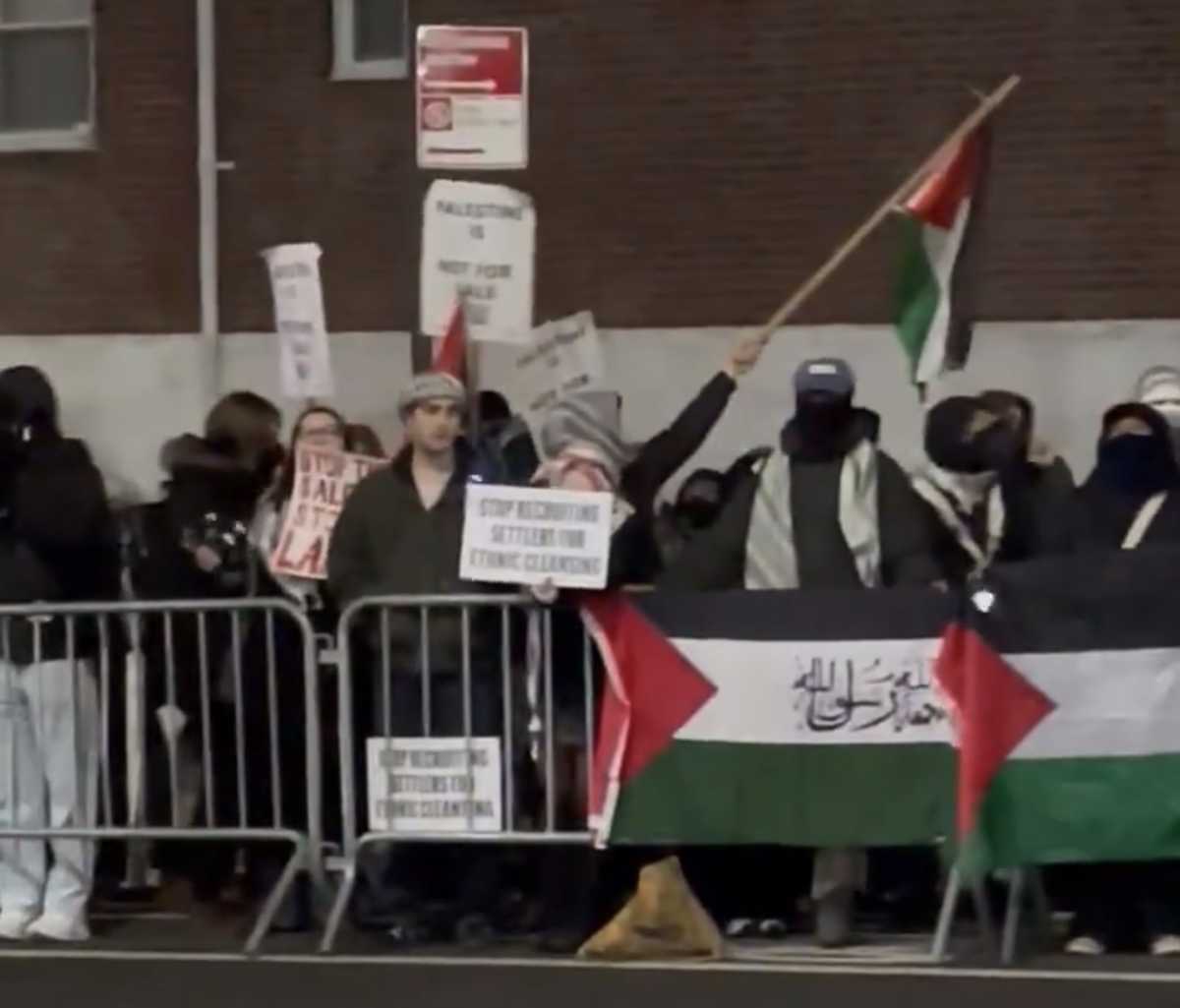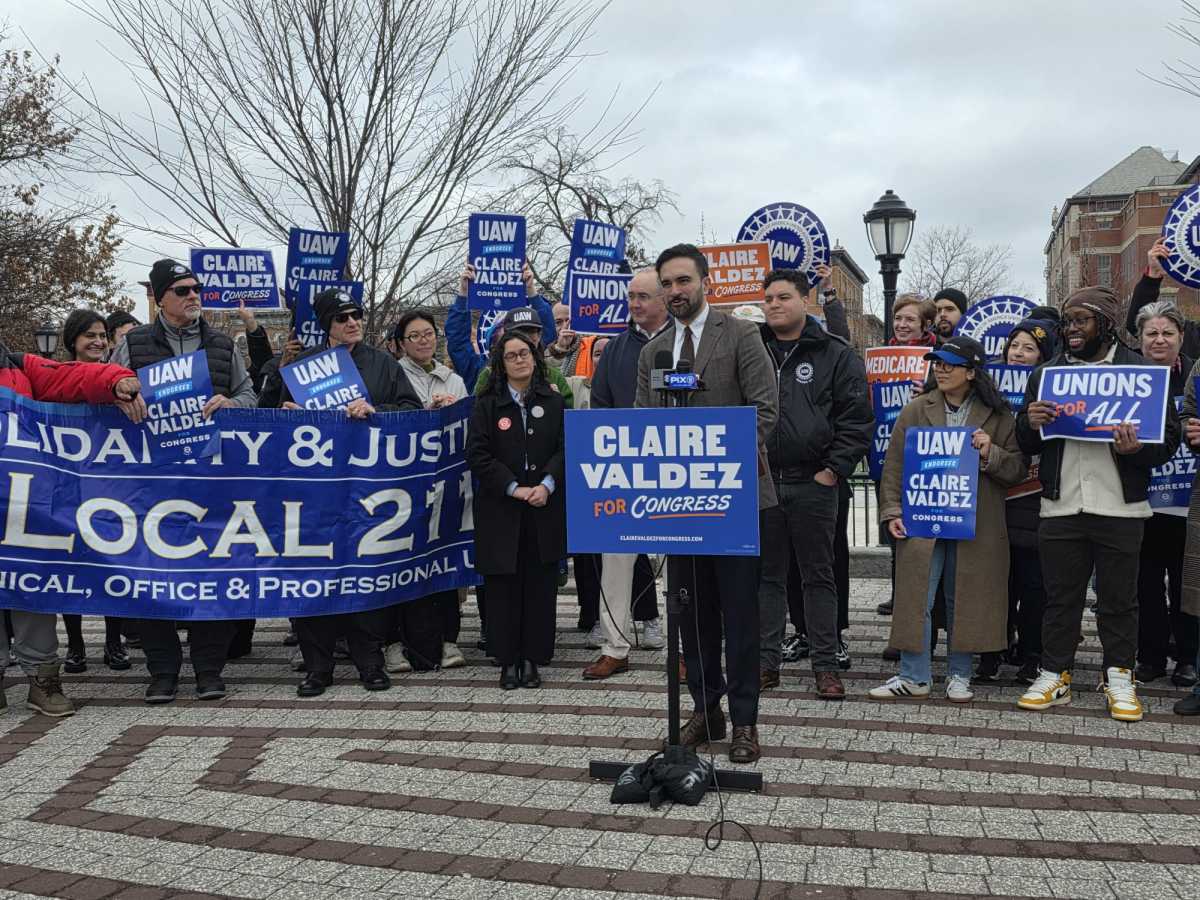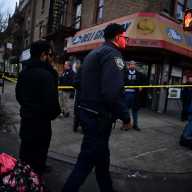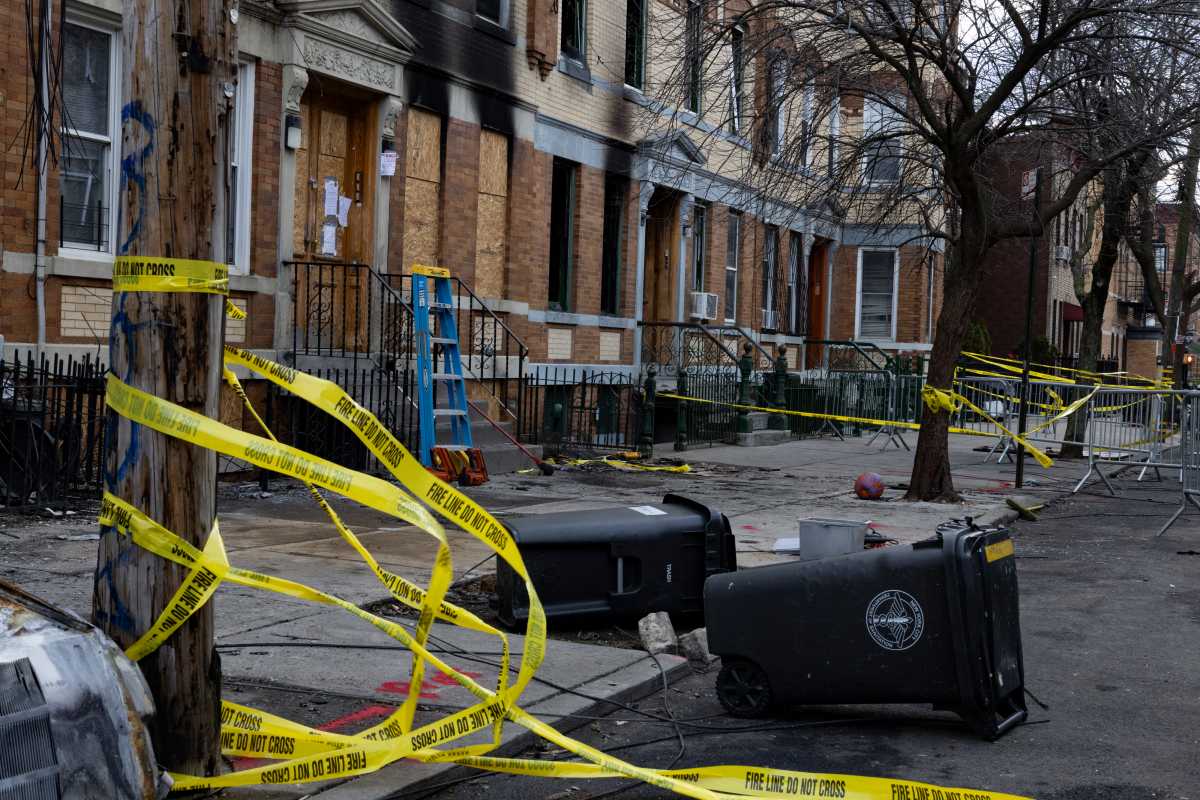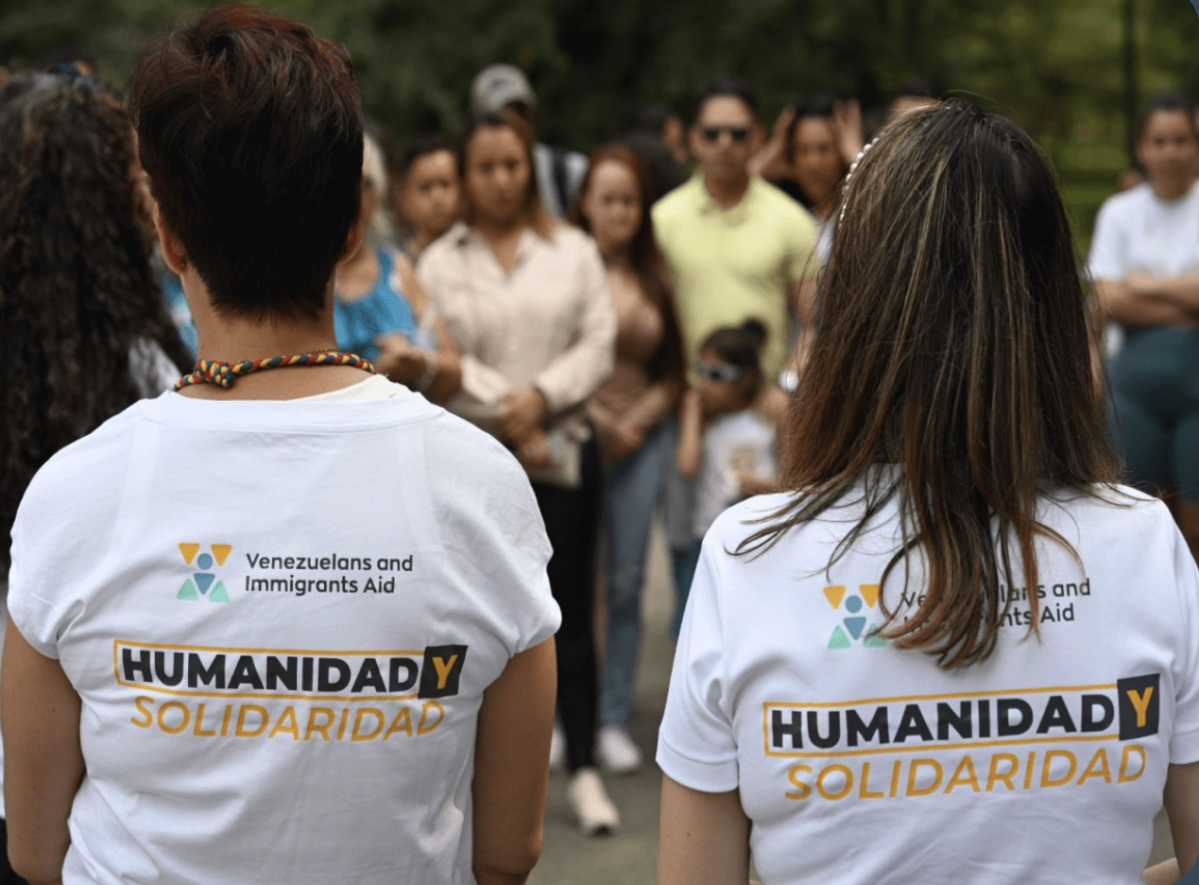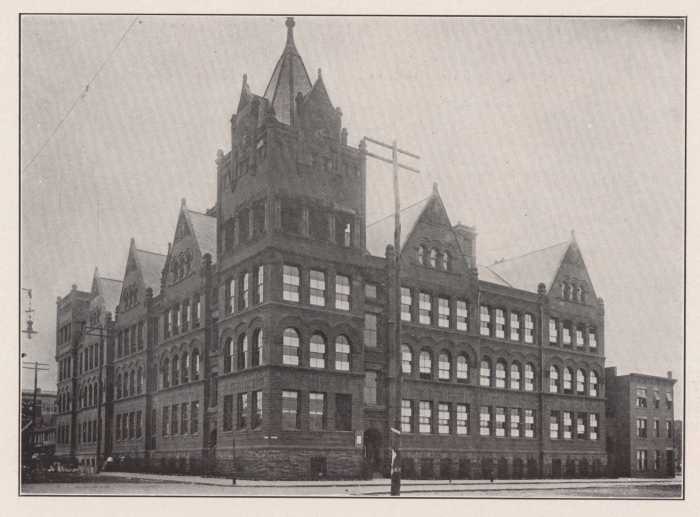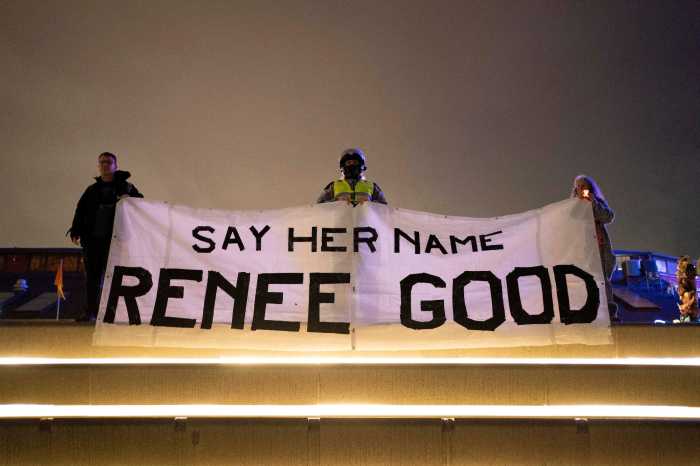A bill before Congress would provide the first long-term healthcare for people who believe their illnesses are caused by 9/11 — but some local activists say the bill does not go far enough.
“This bill will fail to address the real impact in the community,” said Kimberly Flynn, founder of 9/11 Environmental Action.
Called the 9/11 Health and Compensation Act, the $12 billion bill would reopen the 9/11 victim compensation fund and would cover healthcare for many first responders, cleanup workers and Lower Manhattan residents. The bill has been introduced in both the U.S. House and Senate but is unlikely to move until after President Obama’s larger healthcare overhaul is resolved. Similar legislation has had the backing of almost the entire New York Congressional delegation for a few years, but it has never advanced far.
Last month, Flynn’s group and Beyond Ground Zero wrote to the bill’s sponsors and other legislators to say the bill needs work. The bill only covers residents, students and office workers who were below Houston St. on 9/11, while Flynn and others think the dividing line should be extended at least up to 14th St.
Also, the bill would provide funding for a maximum of 15,000 non-responders. Flynn said the number who will need the service could be much higher since many more people breathed in toxic chemicals on 9/11. So far, only about 4,000 non-responders have visited the city’s free W.T.C. Environmental Health Centers for treatment, Flynn said, but she added that many more people may be sick and are either receiving treatment elsewhere or are not being treated.
Flynn and the other activists are also concerned that the bill covers only the most commonly reported 9/11 health effects, like respiratory problems, but does not cover those that are still emerging, like cancers. The activists want more research into new illnesses and retroactive compensation if those illnesses are found to be 9/11-related.
— Julie Shapiro












